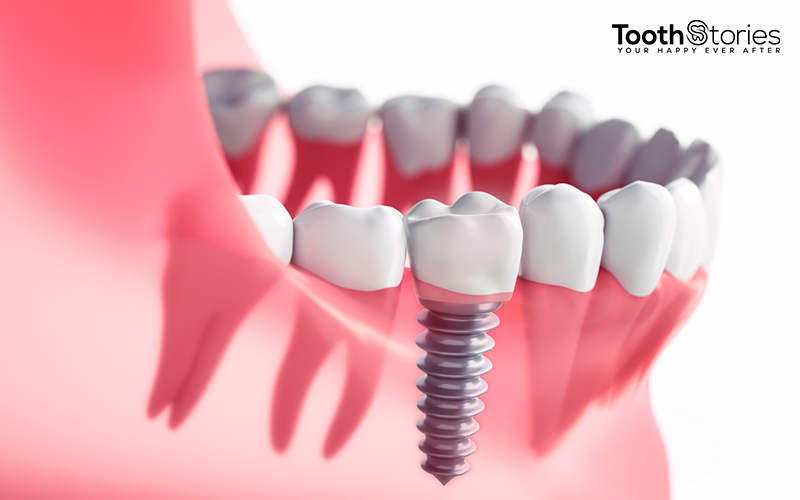
Types of Dental Implants: Which Is Suitable for You?
Imagine being at a joyful gathering with loved ones, laughter filling the air and the scent of delicious food all around. Yet, you hesitate to fully embrace the moment due to discomfort from missing teeth. This is where dental implants come into play, offering a permanent solution to tooth loss and restoring both functionality and aesthetics. But with various types of dental implants available, choosing the right one can be a life-changing decision.
In this blog post, we’ll explore 4 prominent types of dental implants that mimic the natural structure of teeth to guide you in making an informed decision tailored to your unique dental needs.
1. Endosteal Implants
Endosteal implants are the most common and widely used dental implants, surgically placed directly into the jawbone, where they integrate with the natural bone over time. Typically made of titanium, endosteal implants provide a sturdy foundation for individual crowns, bridges, or even dentures. Due to their high success rate and durability, these implants are often the first choice for many patients seeking a long-term tooth replacement solution.
The dental implant procedure for endosteal involves multiple stages. First, a small titanium post is inserted into the jawbone during a surgical procedure. After the healing period, an abutment with an artificial tooth or crown is attached to the post. This meticulous process ensures a stable and natural-looking replacement for missing teeth.
2. Subperiosteal Implants
Subperiosteal implants are an alternative to traditional endosteal implants for individuals with insufficient bone height or those who do not want to undergo bone grafting procedures. Instead of being placed within the jawbone, subperiosteal implants rest on top of the bone and underneath the gum tissue. A metal framework is custom-made to fit the contours of the jaw, and it contains posts that protrude through the gums to hold the artificial teeth securely.
This type of tooth implant is considered less invasive than endosteal implants, making it a suitable option for those who may not be candidates for traditional implants due to bone density issues. While subperiosteal implants may not be as common as their endosteal counterparts, they can be a viable solution for certain individuals seeking tooth replacement.
3. All-on-4/All-on-6 Implants
All-on-4 and All-on-6 implants are permanent solutions designed for individuals who have lost a significant number of teeth or are edentulous (without teeth) in one or both jaws. As the names suggest, these procedures involve placing a fixed set of prosthetic teeth (either a full arch or a full set) on just four or six strategically positioned implants, respectively.
The All-on-4 and All-on-6 approaches offer several advantages, including reduced surgery time and a quicker recovery period, often suitable for patients who are not ideal candidates for traditional implants due to bone loss. The strategic placement of the implants provides stability and support for the prosthetic teeth, restoring both function and aesthetics in a shorter timeframe.
4. Zygomatic Implants
Zygomatic implants are a specialised type of implant that is anchored in the cheekbone (zygomatic bone) rather than the jawbone. This option is particularly beneficial for individuals with severe bone loss in the upper jaw, where traditional implants may not be feasible without extensive bone grafting.
Zygomatic implants provide a stable foundation for prosthetic teeth in cases where the traditional implant placement is challenging. While the procedure is more complex, it offers a great solution for patients with compromised bone structure, restoring their ability to chew, speak, and smile confidently.
In the world of dental care, implant options open up a diverse range of possibilities for transforming lives. Whether it’s the reliability of endosteal implants, the adaptability of subperiosteal implants, the efficiency of All-on-4/All-on-6 implants, or the innovation of zygomatic implants, each type plays a pivotal role in restoring not just teeth but confidence and quality of life.
Choosing the right type of dental implant is a decision that should be made in consultation with a qualified dental professional. Our experienced team of dental professionals is dedicated to providing personalised care and guiding you through the process of choosing the right dental implant solutions for your unique needs. Contact Tooth Stories today to schedule a consultation and discover how our expertise can bring your smile back to life.
